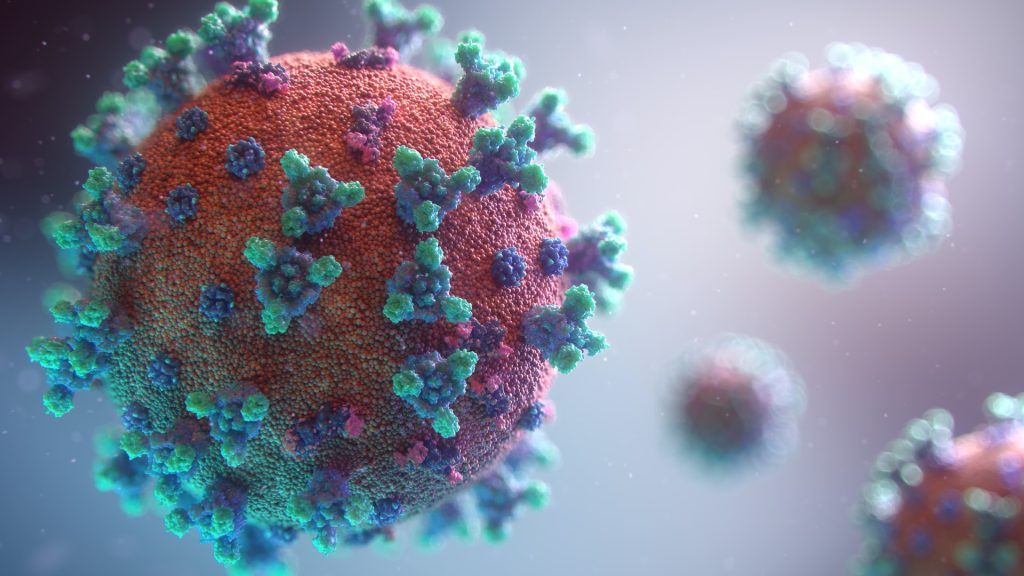Genetic Study of Coffee’s Mental Health Links has Contradictory Results

Coffee drinking is a heritable habit, and one that carries a certain amount of genetic baggage. Caffeinated coffee is a psychoactive substance, notes Sandra Sanchez-Roige, PhD, an associate professor at University of California San Diego. She is the corresponding author of a study published in the journal Neuropsychopharmacology that compared coffee-consumption characteristics from a 23andMe database in the United States with the UK Biobank.
Lead author Hayley H. A. Thorpe, PhD, at Western University in Ontario, explained that the team collected genetic data as well as self-reported coffee-consumption numbers to assemble a genome-wide association study (GWAS). The idea was to make connections between the genes that were known to be associated with coffee consumption and the traits or conditions related to health.
“We used this data to identify regions on the genome associated with whether somebody is more or less likely to consume coffee,” Thorpe explained. “And then identify the genes and biology that could underlie coffee intake.”
UC San Diego professor Abraham Palmer, PhD is also a lead researcher on the paper. He said that most people are surprised that there is a genetic influence on coffee consumption. “We had good reason to suspect from earlier papers that there were genes that influence how much coffee someone consumes,” he said. “And so, we weren’t surprised to find that in both of the cohorts we examined there was statistical evidence that this is a heritable trait. In other words, the particular gene variants that you inherit from your parents influence how much coffee you’re likely to consume.”
Sanchez-Roige said the genetic influence on coffee consumption was the first of two questions the researchers wanted to address.
“The second is something that coffee lovers are really keen on learning,” Sanchez-Roige said. “Is drinking coffee good or bad? Is it associated with positive health outcomes or not?”
The answer is not definitive. The group’s genome-wide association study of 130 153 U.S.-based 23andMe research participants was compared with a similar UK Biobank database of 334 649 Britons, revealing consistent positive genetic associations between coffee and harmful health outcomes such as obesity and substance use. A positive genetic association is a connection between a specific gene variant (the genotype) and a specific condition (the phenotype). Conversely, a negative genetic association is an apparent protective quality discouraging the development of a condition. The findings get more complicated when it comes to psychiatric conditions.
“Look at the genetics of anxiety, for instance, or bipolar and depression: In the 23andMe data set, they tend to be positively genetically correlated with coffee intake genetics,” Thorpe said. “But then, in the UK Biobank, you see the opposite pattern, where they’re negatively genetically correlated. This is not what we expected.”
She said there were other instances in which the 23andMe set didn’t align with the UK Biobank, but the greatest disagreement was in psychiatric conditions.
“It’s common to combine similar datasets in this field to increase study power. This information paints a fairly clear picture that combining these two datasets was really not a wise idea. And we didn’t end up doing that,” Thorpe said. She explained that melding the databases might mask effects, leading researchers toward incorrect conclusions – or even cancelling each other out.
Sanchez-Roige says the researchers have some ideas about how the differences in results arose. To begin with, there was an apples-and-oranges aspect to the surveys. For instance, the 23andMe survey asked, “How many 5-ounce (cup-sized) servings of caffeinated coffee do you consume each day?” Compare it to the UK Biobank’s “How many cups of coffee do you drink each day? (Include decaffeinated coffee)”
Beyond serving size and the caffeinated/decaf divide, the surveys made no accommodation for the various ways coffee is served. “We know that in the U.K., they have generally higher preference for instant coffee, whereas ground coffee is more preferred in the U.S.,” Thorpe said.
“And then there’s the frappuccinos,” Sanchez-Roige added, citing the American trend of taking coffee loaded with sugary additives. Palmer mentioned other caffeinated drinks and especially in the context of the UK Biobank, tea, none of which were included in the GWAS, which addressed only coffee. Palmer added that the GWAS demonstrates the relationship between genotype and phenotype is more different than the relationship between coffee and tea.
“Genetics influences lots of things. For instance, it influences how tall you might be,” he said. “And those kinds of things probably would play out very similarly, whether you lived in the US or the UK But coffee is a decision that people make.”
Sanchez-Roige pointed out that coffee comes in a variety of forms, from instant to frappuccino, and is consumed amid cultural norms that differ from place to place. A person with a given genotype might end up having quite a different phenotype living in the UK versus the US.
“And that’s really what the data are telling us,” she said. “Because unlike height, where your behaviour doesn’t really have much to do with it, your behaviour and the choices you’re making in your environment play out in various ways. So the interaction between genotype and environment complicates the picture.”
The collaborators stressed the need for more investigation to unravel the relationships between genetics and the environment, focusing not only on coffee/caffeine intake but also other substance-use issues.


